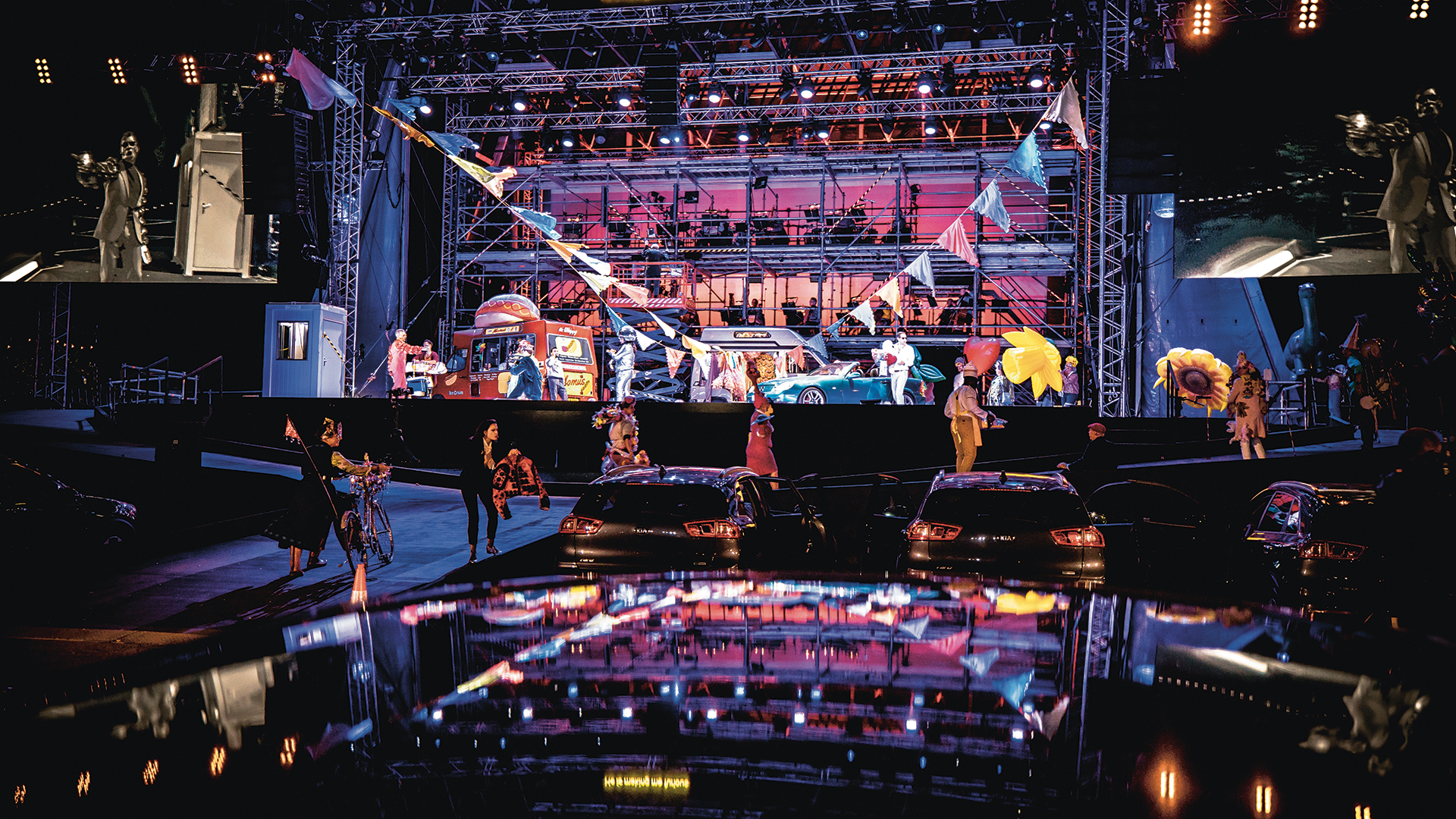The protesters sang You’ll Never Walk Alone, from the 1945 Rodgers and Hammerstein musical Carousel. The rendition was surprisingly tuneful; those who happened to be passing by Arts Council England (ACE)’s London offices on the bright autumnal morning paused to admire the performance. The opera world is the latest to demonstrate its unease in the face of job insecurity, following in the footsteps of rail staff, medical workers and academics, among others. The London gathering on November 14 – attended by singers including Camilla Kerslake and Dame Sarah Connolly – was held to show support for English National Opera (ENO) in the wake of the news the organisation is to lose its ACE funding. Since the cuts were announced, a petition set up by bass-baritone Sir Bryn Terfel has attracted over 50,000 signatures urging a rethink. Melvyn Bragg wrote a piece for The Observer, decrying “cultural vandalism” and opining that, “It had been decided to kill off one big institution by Easter and English National Opera was the target.”
ACE chief executive Darren Henley responded with a Guardian article of his own. He pointed out that London’s arts institutions will continue to receive £152 million a year – a third of ACE funding – and there is a need to address historic unfairness in terms of cultural support. Few people disagree with that, broadly speaking, but the whole process seems wildly misinformed, as indicated by the second part of Henley’s argument. ACE, he wrote, seeks organisations that are “embracing opera and music theatre in new ways: opera in car parks, opera in pubs, opera on your tablet”. As noted here before, there was just one opera company that held a performance in a car park in 2020, which happened to be the first of its kind in Europe. It also worked with Netflix to create a TikTok opera. The organisation? English National Opera.
The unrest over ACE’s decision to defund the ENO, offering it instead a relocation allowance to move away from the Coliseum in the West End of London to – well, that wasn’t exactly clear, as it seems only anecdotal research has been undertaken – is part of wider tensions felt within the industry, as the spectre of the pandemic continues to swoop. UK music charity Help Musicians recently revealed that eight in 10 musicians are worried about paying their mortgage or rent and are currently earning less than they were at the beginning of 2020. The charity surveyed 500 professional musicians and almost all of them (98 per cent) reported concerns about basic living costs.
As Help Musicians chief executive James Ainscough explained: “It is hard to imagine any point since the Second World War when it has been tougher to be a professional musician – put simply, the current environment is brutal.”
- English National Opera is in a fight for its life
- How opera is giving a powerful voice to migrants
- In opera Violet, time becomes elastic and society crumbles
To more positive news now, in Birmingham, where 12 singers are preparing for the latest The Voice of Black Opera competition. The biennial event was first held in 2008, and helped launch the careers of sopranos Elizabeth Llewellyn and Nadine Benjamin (both English National Opera regulars, incidentally). Finalists will perform with the Welsh National Opera (WNO) Orchestra at Birmingham Town Hall (December 5), where the winner will be awarded £10,000 and a concert appearance with WNO Orchestra.
There is also a prize named after British composer Samuel Coleridge Taylor, which includes the opportunity to perform a new work by Daniel Kidane with the Birmingham Contemporary Music Group. In an exemplary example of local creative collaboration, finalists will be given a bespoke piece to wear on stage designed by students of Birmingham City University School of Fashion and Textiles, with accessories made by students of the BCU Birmingham School of Jewellery.










